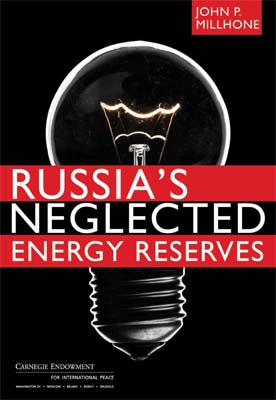Russia enjoys the world’s largest share of energy resources. While urban areas have grown more efficient in recent years, great expanses of the vast country continue to squander its valuable resources. Russia’s energy reserves can be conserved through available, cost-effective measures and this will lead to a more competitive economy, more jobs, and increased national income.
Significant benefits are within reach if effective federal, district, and local programs are implemented. By improving energy efficiency, Russia could:
- Lower energy costs. Better efficiency will reduce the price consumers pay for energy.
- Create jobs. Transforming Russia’s energy sector will require new jobs and reliable energy services improve Russia’s long-term economic outlook.
- Increase exports. By lowering the domestic consumption of natural gas and oil, exports will grow and foreign-exchange earnings will rise.
- Reduce emissions. Fewer emissions will help Russia meet its international commitments on climate change.
Five areas for Russia to improve efficiency:
- Electricity. Reduce losses of energy and modernize an aging power system with new and improved power plants.
- Heat. Upgrade and replace Soviet-era heating systems.
- Industry. Reduce the energy intensity of Russia’s industrial sector, which is far higher than other competing countries.
- Buildings. Introduce energy-efficient building codes and retrofit old houses and buildings.
- Transportation. Improve public transportation and increase fuel-efficiency standards.
“Russia has a unique win-win opportunity if it acts aggressively to couple its energy and climate-change policies,” writes Millhone.




.jpg)
.jpg)